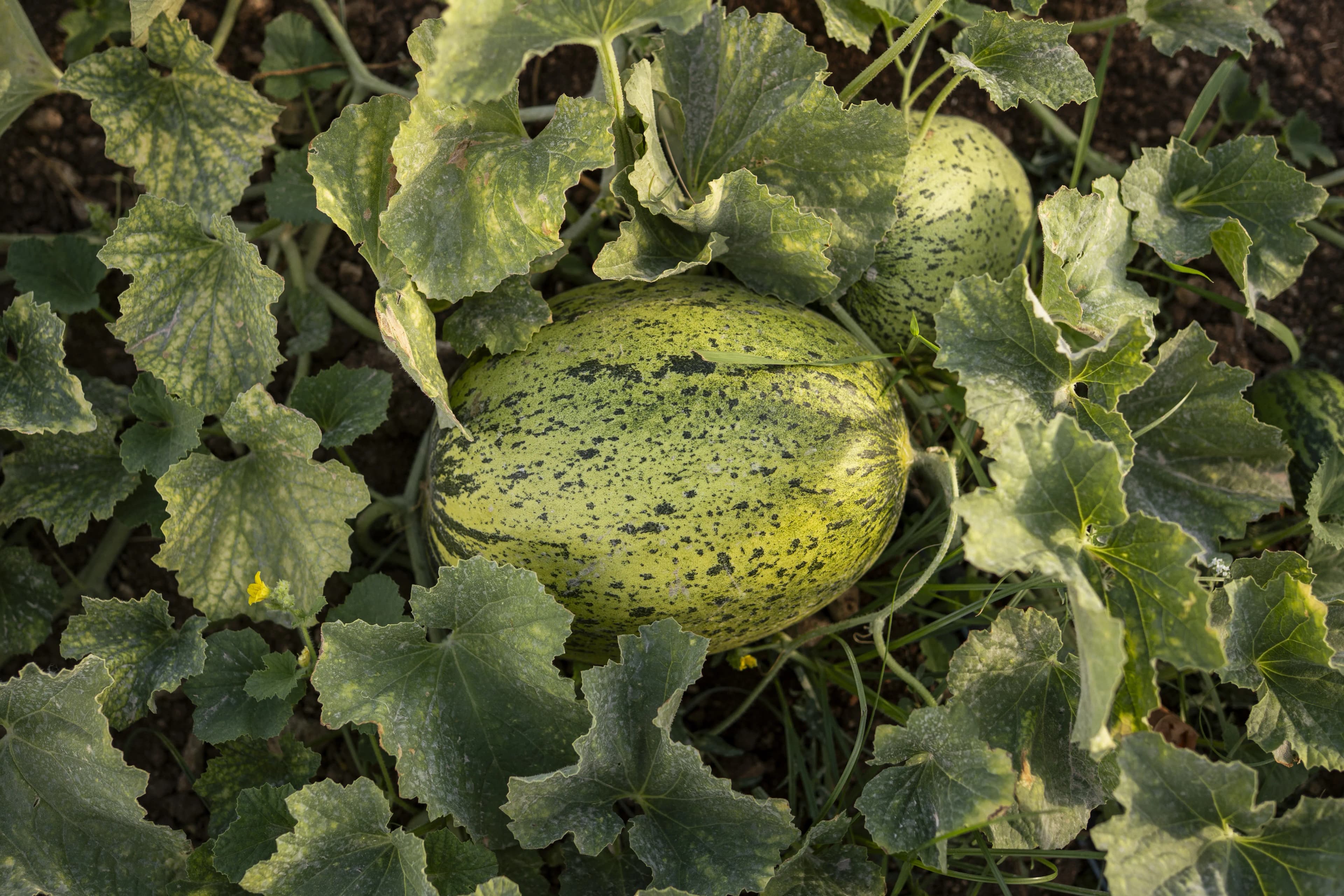Can a seed change the world?
We believe it can.
Every seed carries the living memory of our natural and cultural heritage.
Our project dedicated to ancient seeds gives new shape to our ongoing commitment:
preserving agricultural memory, protecting biodiversity
and cultivating community.
Loading...
Thecycleofseeds
Inourproject,thecareoftheseedtranslatesintocareforlife

Recovery and conservation
Ancient, out-of-market varieties are researched and brought back by Angelo, our seedsaver,
with the help of local farmers, word of mouth, and bibliographic studies. Once recovered, the seed is studied and replicated with respect for its rhythm and history.

Sowing and germination
Selected seeds are made to sprout
with different techniques for each variety.
Once they become strong enough,
the seedlings are transplanted into the garden,
ready to grow naturally.

Production and extraction
From cultivation, new seeds are obtained
that are extracted, cleaned and tested.
A portion is kept in the Seeds House,
to ensure their conservation and continuity.

Regeneration
The remaining seeds return to the earth,
giving life to new plants cultivated with natural practices,
without chemical agents.
An agricultural model that enriches the soil
and promotes biodiversity.

Harvest
The harvested vegetables are tested, and each year, the varieties to be cultivated are selected through an ongoing dialogue between agricultural tradition and culinary creativity.


